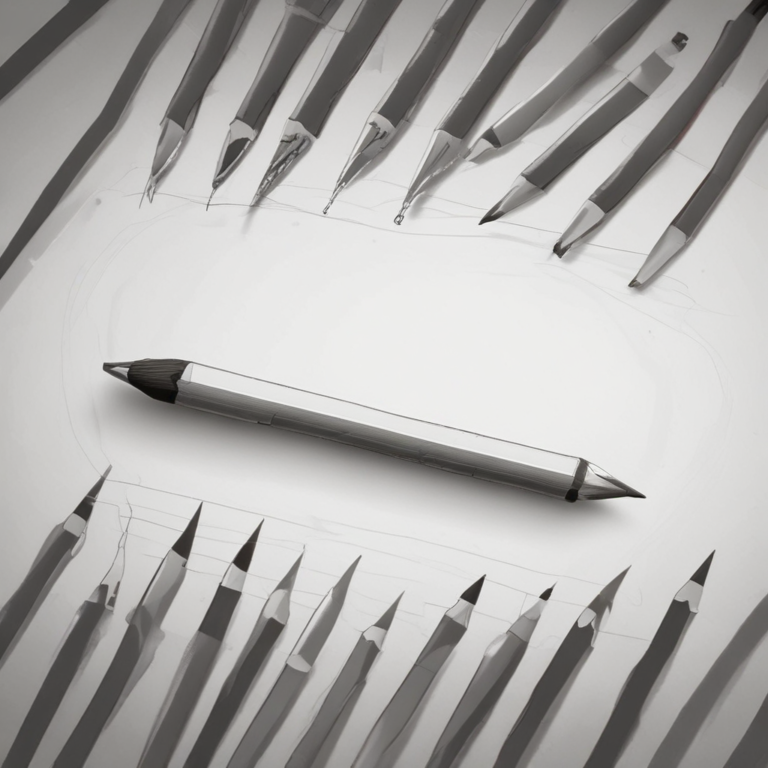Court Rules AI-Generated Art Does Not Qualify for Copyright Protection
In a landmark decision, a court has ruled that art generated by artificial intelligence (AI) does not qualify for copyright protection. This ruling has significant implications for artists, creators, and anyone utilizing AI tools in their creative processes.
Case Background
The case centers around an individual named Stephen Thaler, who sought to challenge the applicability of current copyright law in relation to his AI-generated poetry. Thaler argued that the existing laws do not keep pace with the rapid advancements in technology. However, the Court of Appeals for the District of Columbia Circuit unanimously upheld an earlier decision from the Copyright Office, affirming that Thaler’s AI creations are not eligible for copyright.
Key Findings of the Ruling
Judge Patricia Millett articulated that the Copyright Act fundamentally requires authorship by a human being. She stated: “Because many of the Copyright Act’s provisions make sense only if an author is a human being, the best reading of the Copyright Act is that human authorship is required for registration.”
The ruling emphasized that machines lack the essential qualities of life, which makes it impossible to measure the duration of any potential copyright. Furthermore, it was noted that copyright cannot be transferred to surviving family members under current statutes, thus negating any legal basis for granting copyright to a digital entity.
Implications for AI-Generated Works
This decision reinforces the notion that entirely AI-generated works cannot be attributed to a human creator, and therefore, cannot be copyright protected. The U.S. Copyright Office has consistently ruled against copyright eligibility for AI-generated content across various cases.
The Copyright Office clarified that the key factor in determining copyright eligibility is the extent of human intervention in the creative process. It explained that while AI can produce outputs, those outputs are only copyrightable if a human has had significant control over the expressive elements involved. Merely providing prompts to an AI, without further human creative input, is insufficient to meet these requirements.
Future Considerations
As AI technology continues to evolve, the question arises: will copyright law adapt to accommodate the growing reliance on AI in creative fields? Although a shift seems unlikely in the immediate future, the increasing use of AI by major industries, such as film and media, may eventually prompt a re-evaluation of existing laws. The pressure from big business interests could lead to significant changes in how copyright is approached in the context of AI-generated content.
For now, artists and creators using AI tools should be aware that any AI-generated images or works can be reused by others without legal standing, making it crucial to understand the limitations of copyright in the age of artificial intelligence.









